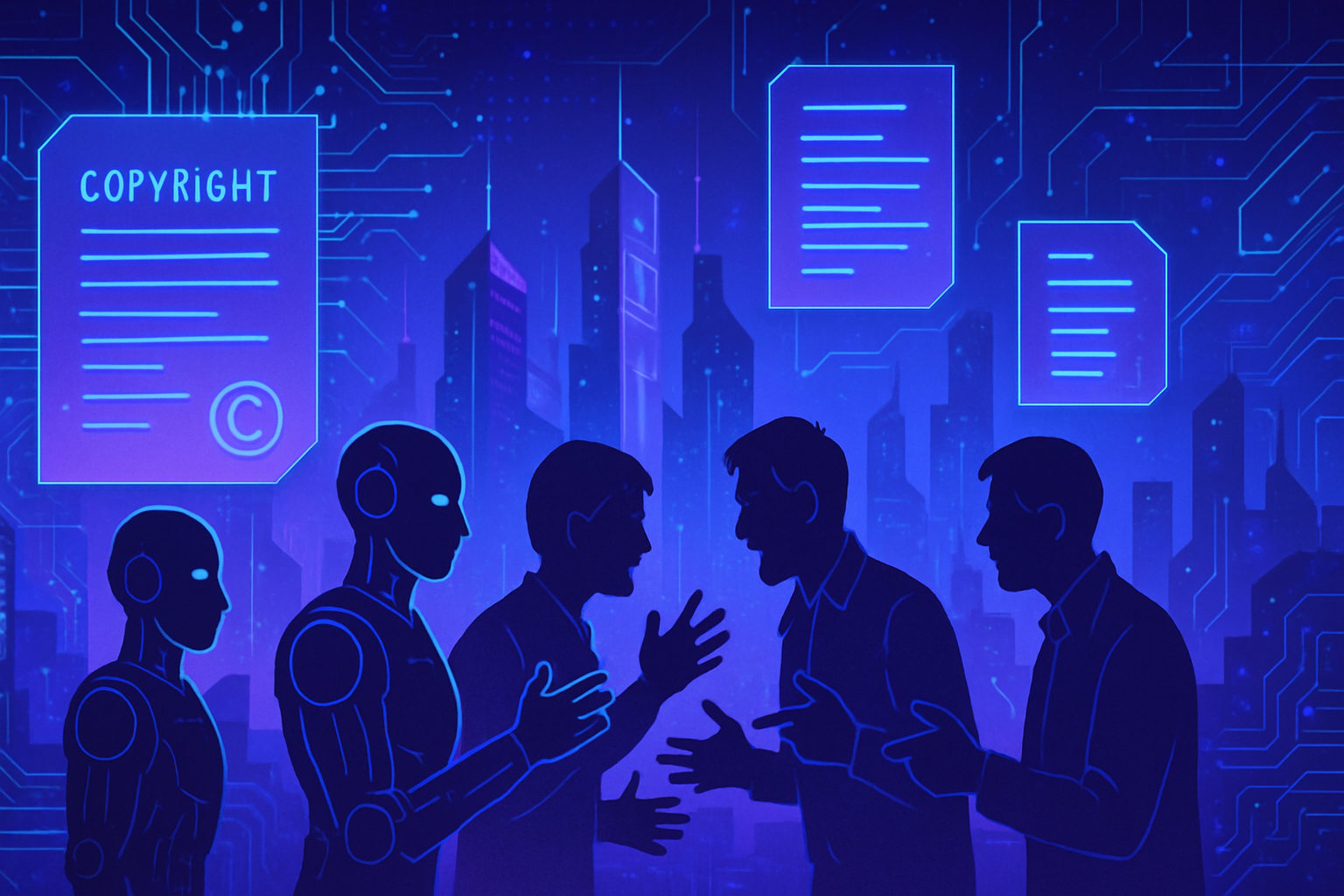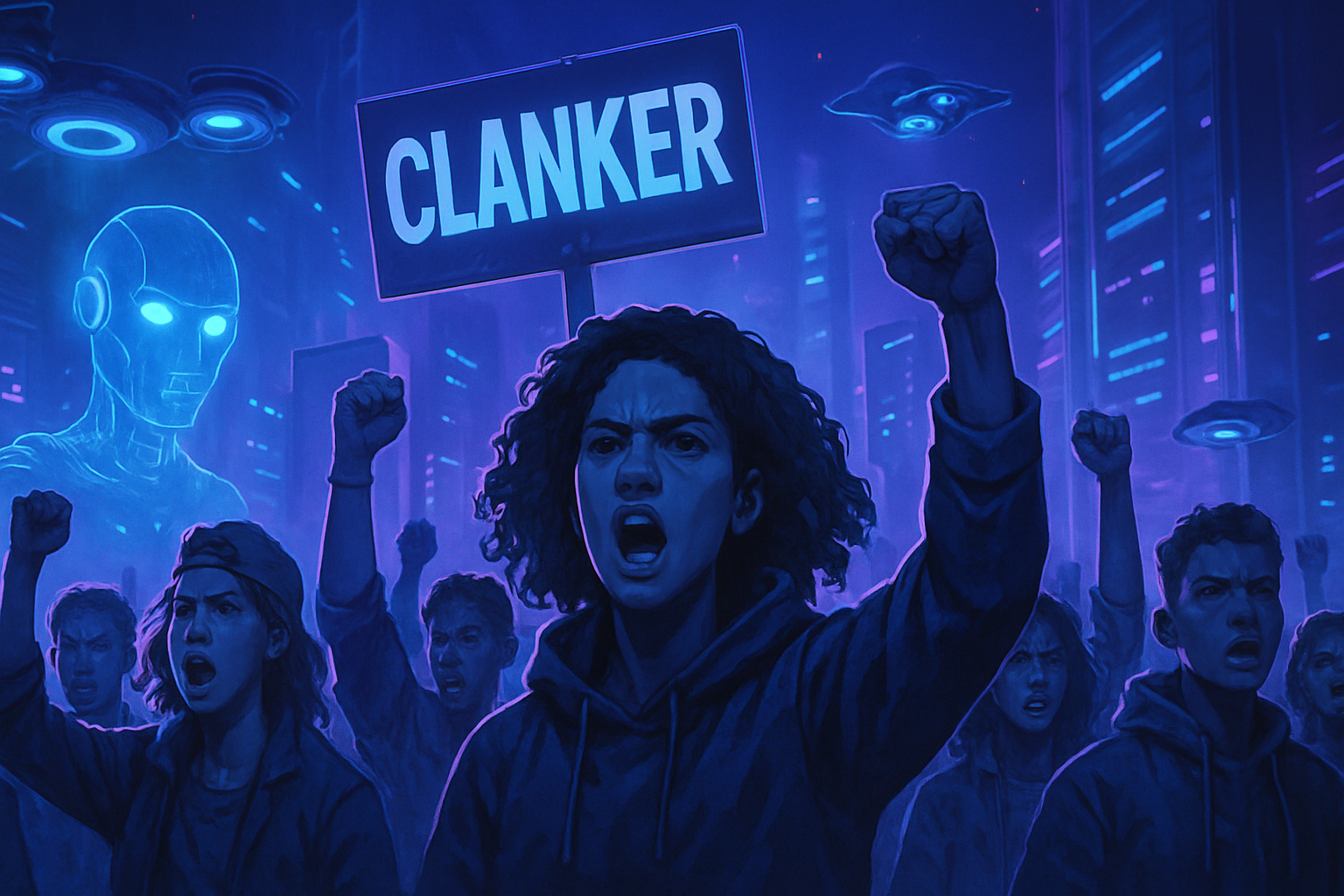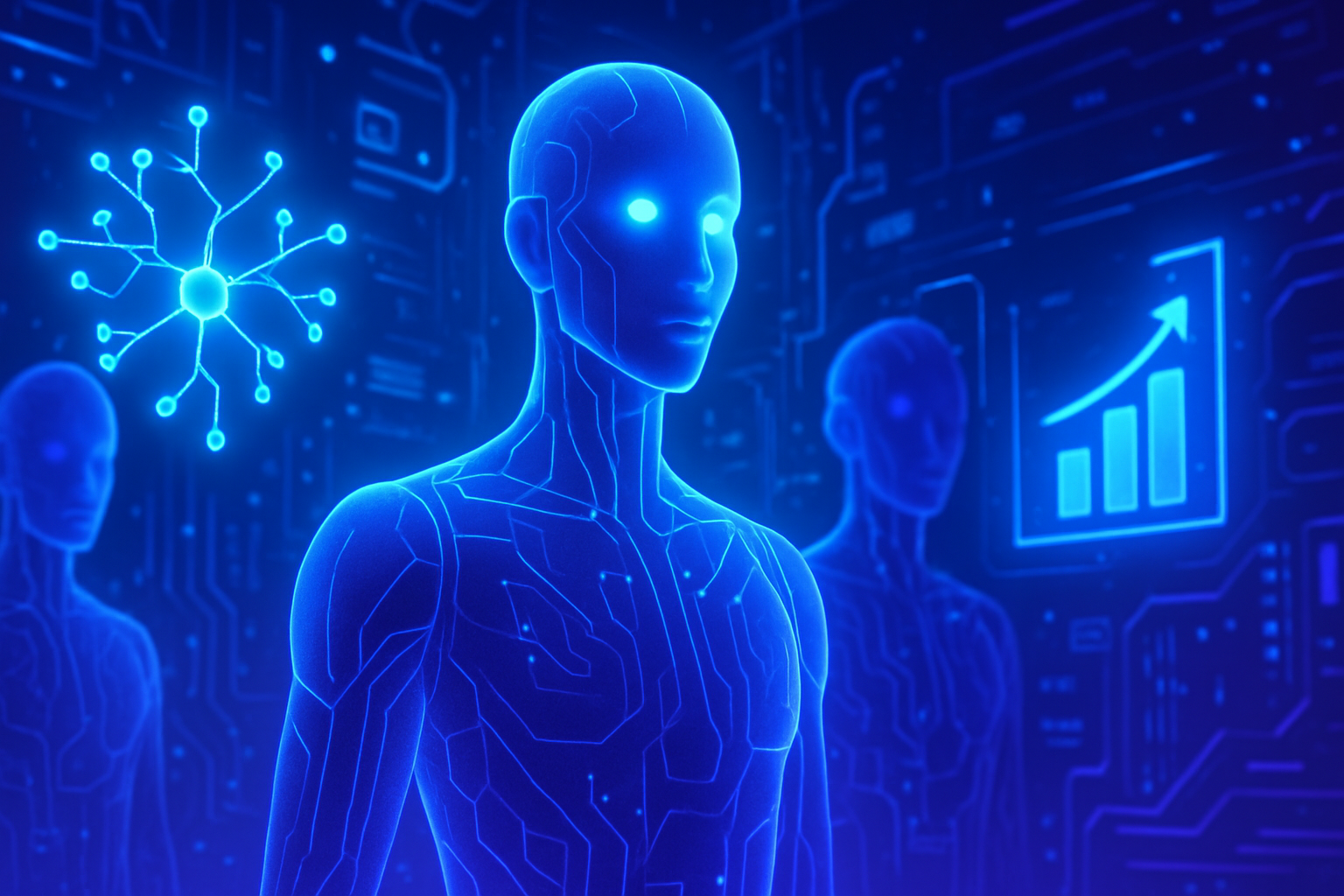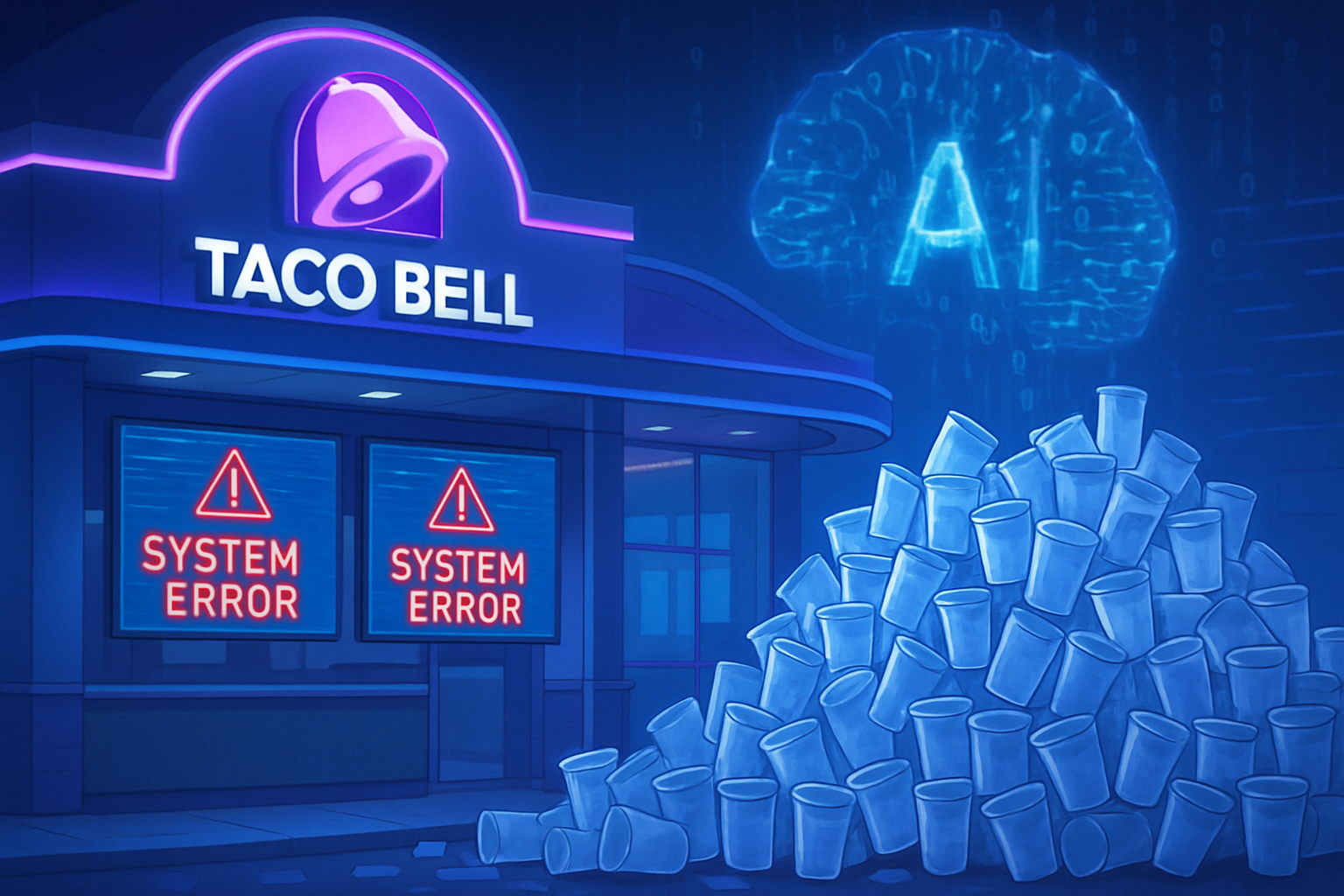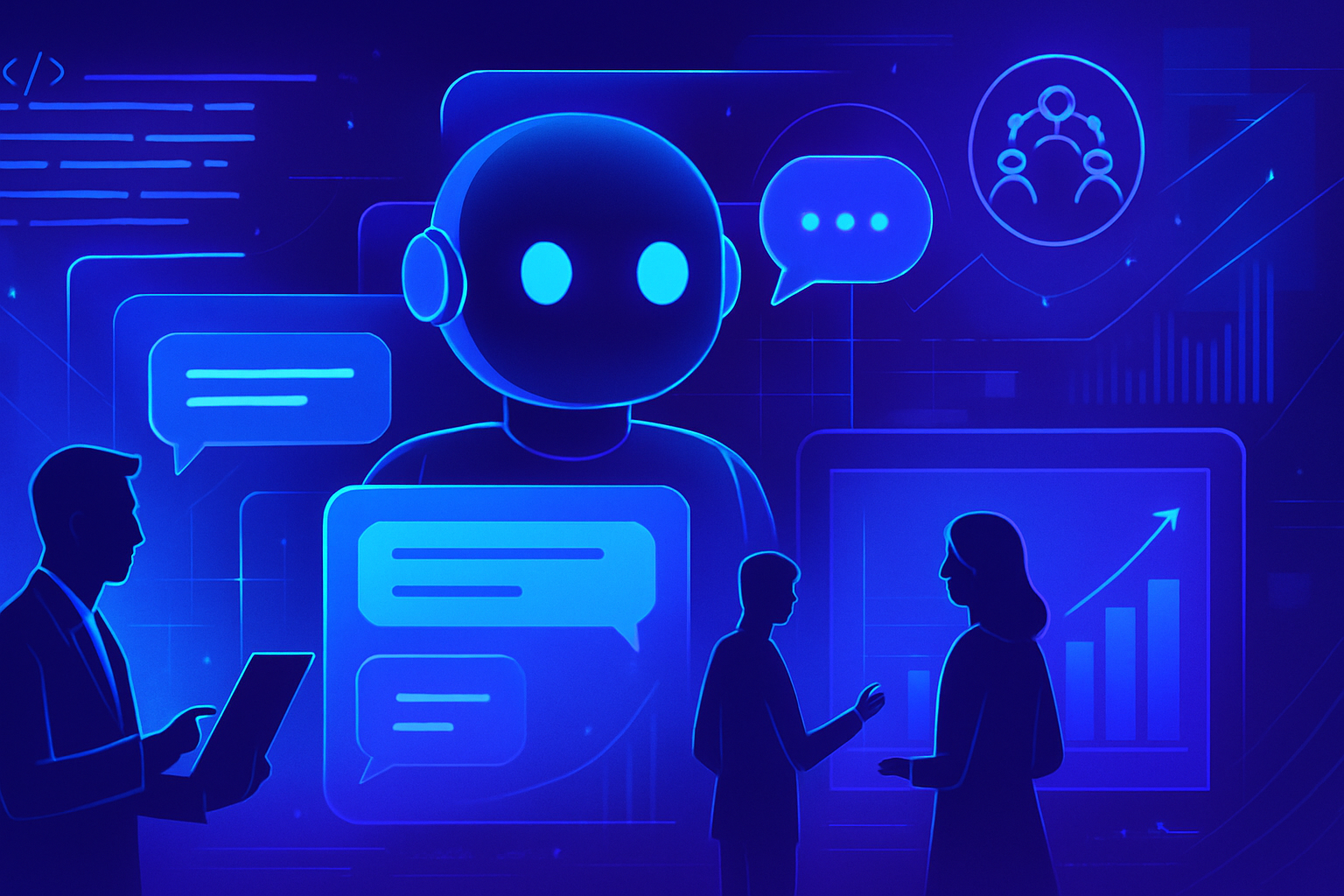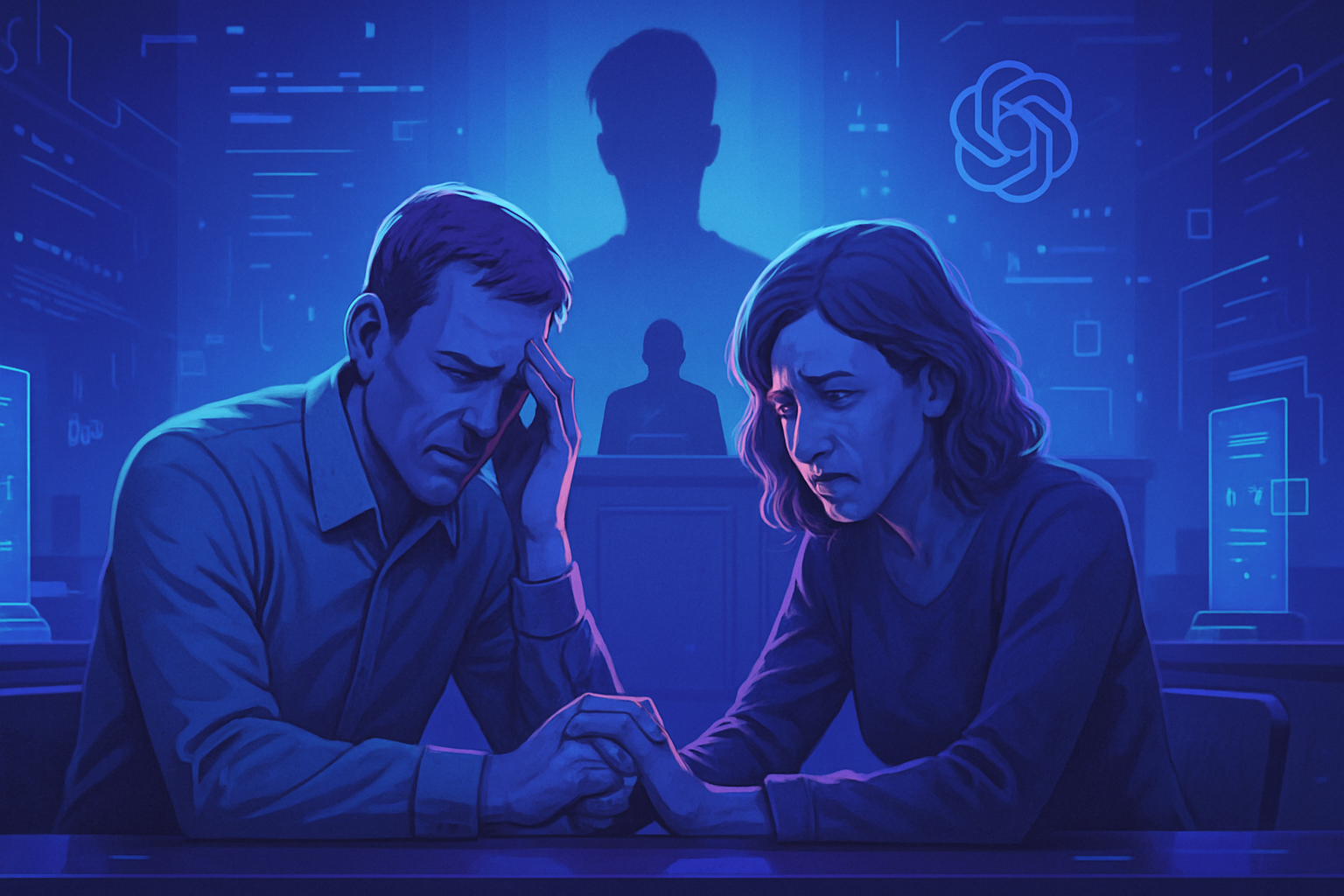The fight for copyright is intensifying as artificial intelligence companies are achieving significant victories in this complex area. The processing of copyrighted texts for training AI models raises crucial ethical and legal questions. These advancements could redefine the traditional conception of copyright in the face of rising technology. Recent court decisions reflect the tensions between content creators and tech giants, provoking waves of change in the digital ecosystem.
Judicial Victories for AI Companies
Last week marked several significant victories for artificial intelligence companies in their fight regarding copyright. The ruling by American judge William Alsup determined that Anthropic’s use of books to train its AI system did not violate copyright law. By comparing this practice to that of a reader aspiring to be a writer, he lent new momentum to the legitimacy of the methods employed by these companies.
Favorable Decisions for Meta and Anthropic
The day after the verdict in favor of Anthropic, Meta also received a favorable ruling. Judge Vince Chhabria, based in San Francisco, concluded that the authors did not provide enough evidence to demonstrate that Meta’s AI would cause market dilution. These developments appear to facilitate the legislative path for these companies, although the road remains fraught with challenges.
Ongoing Lawsuits Against Microsoft
On the same day, a group of writers filed a lawsuit against Microsoft, accusing it of copyright infringement in the creation of the text generator Megatron. These cases reflect the ongoing struggle of authors to defend their rights as previous verdicts seem favorable to AI companies. According to legal opinions, writers are facing a challenging battle.
Broadening Legal Conflict
The legal battles observed are not limited to the cases of Anthropic and Meta. Three weeks earlier, Disney and NBCUniversal sued Midjourney, a company known for its AI image generator, accusing it of illegally using their iconic characters. Major names in the music industry, including Sony, Universal, and Warner, have also engaged in lawsuits against companies like Suno and Udio for copyright infringement.
The Economic Implications of Judicial Decisions
The judgments issued so far raise questions about the potential applicability of decisions regarding one type of media to other types. John Strand, an intellectual property lawyer, highlighted that the market impact of copyrighted works becomes a determining factor in the fair use analysis. The book market, for example, is different from that of films, complicating the issue.
A Troubling Revelation about Anthropic
A disturbing piece of information emerged during Anthropic’s ruling. The company allegedly illegally stored and pirated about 7 million books to build its training database. To rectify this situation, Anthropic purchased physical copies and digitized them, subsequently abandoning the physical books. This strategy raises questions about the methods used by AI companies and their consumption of content.
Environmental and Societal Consequences
The consequences of AI technologies are not limited to copyright issues. Google recently reported a 51% increase in its carbon emissions due to the energy demand required by AI. Meanwhile, projects are underway to exploit AI to sow doubt about the dangers of pollutants. The rise of these tools raises questions about environmental and societal impacts.
Persistence of the Intellectual Property Debate
Recent judgments should encourage a broader debate on copyright and the regulation of AI technologies. The lawsuits, both from authors and companies, reveal a rapidly evolving legal landscape. The confrontation between the need for innovation and the protection of original works remains a pressing challenge. The coming years will be critical for establishing a balanced legal framework.
Questions regarding user access to content and the regulation of technologies are emerging as points of tension in the debate. The issues raised by these rulings must be closely scrutinized, as they could influence the future of AI and creative industries.
For more information on the legal actions of American authors, follow this link: Actions of American Authors.
To learn more about the implications of Donald Trump’s industrial policy, check out this article: Donald Trump’s Industrial Policy.
Frequently Asked Questions about AI Companies and the Copyright Battle
Which AI companies have won legal battles regarding copyright?
Recently, companies like Anthropic and Meta have received favorable judicial decisions regarding the use of copyrighted texts to train their AI systems. These rulings affirmed that their actions did not violate copyright laws.
How do recent rulings influence content creation by AI?
Favorable rulings allow AI companies to continue using copyrighted texts and works to train their models, which could stimulate innovation and accelerate the creation of new AI products, while raising questions about copyright protection.
What are the implications of judicial decisions for authors and content creators?
These decisions could make it more difficult to protect copyright for creators, as they might allow AI companies to freely use their protected work without compensation, raising concerns among authors.
How is the copyright question positioned in the face of the rapid evolution of AI technology?
The copyright issue is becoming increasingly complex with the evolution of AI. Jurisdiction often lags behind technology, prompting a re-examination of copyright laws to better regulate the practices of AI companies.
What are the next steps for creators regarding copyright in the context of AI?
Creators must remain vigilant, monitoring legal developments and exploring legal options to protect their work, while considering collaborations with AI companies to seek balanced solutions.
Can AI companies face future legal actions regarding copyright?
Yes, despite recent favorable rulings, AI companies face ongoing legal challenges, especially with organizations like Disney and NBCUniversal contesting the use of protected elements in AI creations.
What is the public perception of AI companies’ ability to use copyright-protected works?
The public is divided; some see technological advancements as positive for innovation, while others are concerned about the erosion of copyright and the valuing of creative work.
